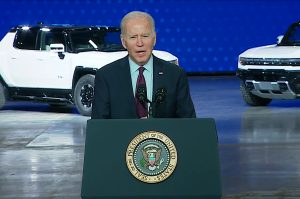
The Commerce Department was instructed by President Biden to begin an investigation into the use of foreign software in cars.
Citing Chinese automobiles and trucks with internet connectivity as a possible national security threat, President Biden directed the Commerce Department to launch an inquiry into foreign software in automobiles.
The investigation may lead to the United States banning Chinese-made automobiles as well as limitations on the use of specific Chinese-made auto parts in American vehicles, whether made in China or produced by Chinese companies in Mexico or other American free trade partners.
WHAT PRESIDENT BIDEN SAID
“These cars are connected to our phones, to navigation systems, to critical infrastructure, and to the companies that made them,” Biden said, in a statement.
“Connected vehicles from China could collect sensitive data about our citizens and our infrastructure and send this data back to the People’s Republic of China. These vehicles could be remotely accessed or disabled.”
Still, while the probe may result in a ban on connected cars, administration officials stressed that this is not assured, and that the study’s focus is on national security issues rather than market rivalry.
COMPUTERS ON WHEELS
With sensors, applications, and cameras, modern cars are essentially networked computers on wheels that gather a multitude of data. These connected vehicles are increasingly worrying government regulators worldwide.
The privacy authority for the state of California announced in July said that it will look into the increasing amount of data that smart cars collect.
European regulators have launched inquiries into the ways in which the automotive sector utilizes location-based and other personal data from automobiles, and have in certain instances compelled automakers to modify their software to restrict data gathering.
And in China, American auto manufacturers selling vehicles there are forced by Chinese officials to use Chinese software in their vehicles.
A LOOMING THREAT
Still, Biden concedes that market forces are a consideration in asking for his investigation.
“China imposes restrictions on American autos and other foreign autos operating in China,” he writes. “China is determined to dominate the future of the auto market, including by using unfair practices. China’s policies could flood our market with its vehicles, posing risks to our national security. I’m not going to let that happen.”
Having exported 5.26 million vehicles in 2023, China has become the world’s largest vehicle exporter. Only heavy import tariffs have prevented the Chinese from entering the U.S. market.
Knowing this, Chinese automakers are looking to build cars in Mexico, which would allow them to skirt U.S. tariffs that apply to vehicles built in China thanks to the US-Mexico-Canada Agreement.
The country produces 3.7 million cars per year, with BMW, Kia, and Stellantis planning to manufacture EVs there.
Among the automakers considering setting up shop in Mexico is electric vehicle manufacturer BYD, short for Build Your Dream, partially owned by Warren Buffett’s Berkshire Hathaway. But the oracle of Omaha isn’t the only American business looking to unlock the U.S. market for Chinese-made vehicles.
General Motors currently manufactures the Buick Envision SUV at a joint venture with Chinese automaker SAIC at its Jinqiao South plant in China.
And Ford announced plans in 2023 to import the redesigned 2024 Lincoln Nautilus from China. In addition, the Volvo EX30 and Polestar 2 sold here are also made in China.
Certainly, Biden’s action assures that the biggest economies in the world will continue to have adversarial trade relations. “Why should connected vehicles from China be allowed to operate in our country without safeguards,” he asks.
Last month,Tesla CEO Elon Musk warned of Chinese manufacturers, saying that “they will pretty much demolish most other car companies in the world if there are no trade barriers established.”

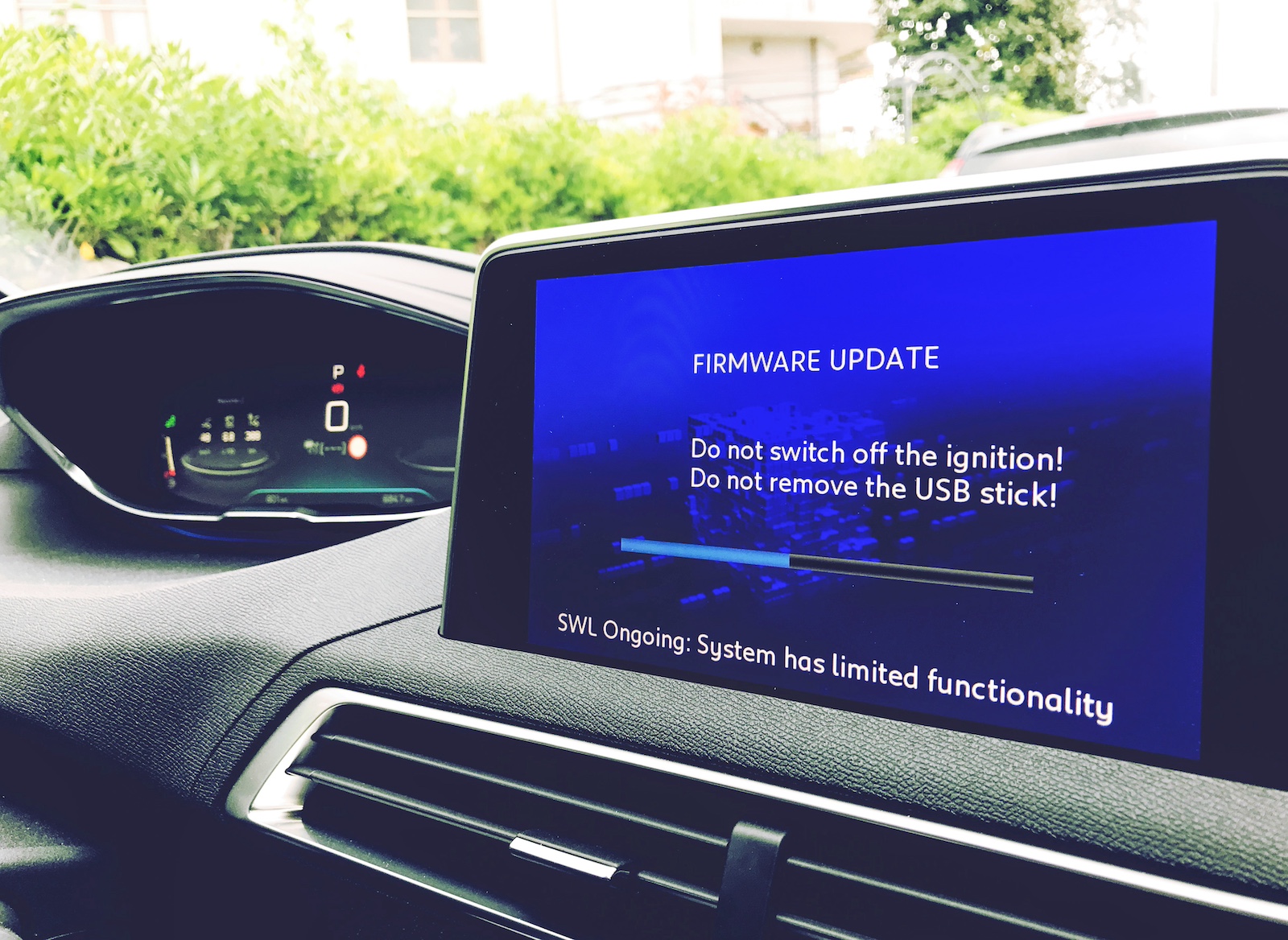


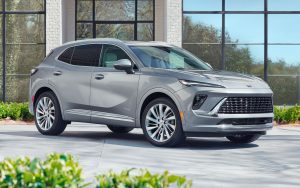
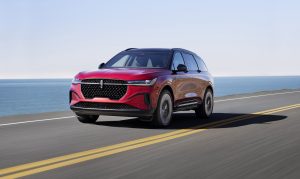
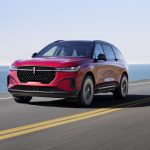
0 Comments